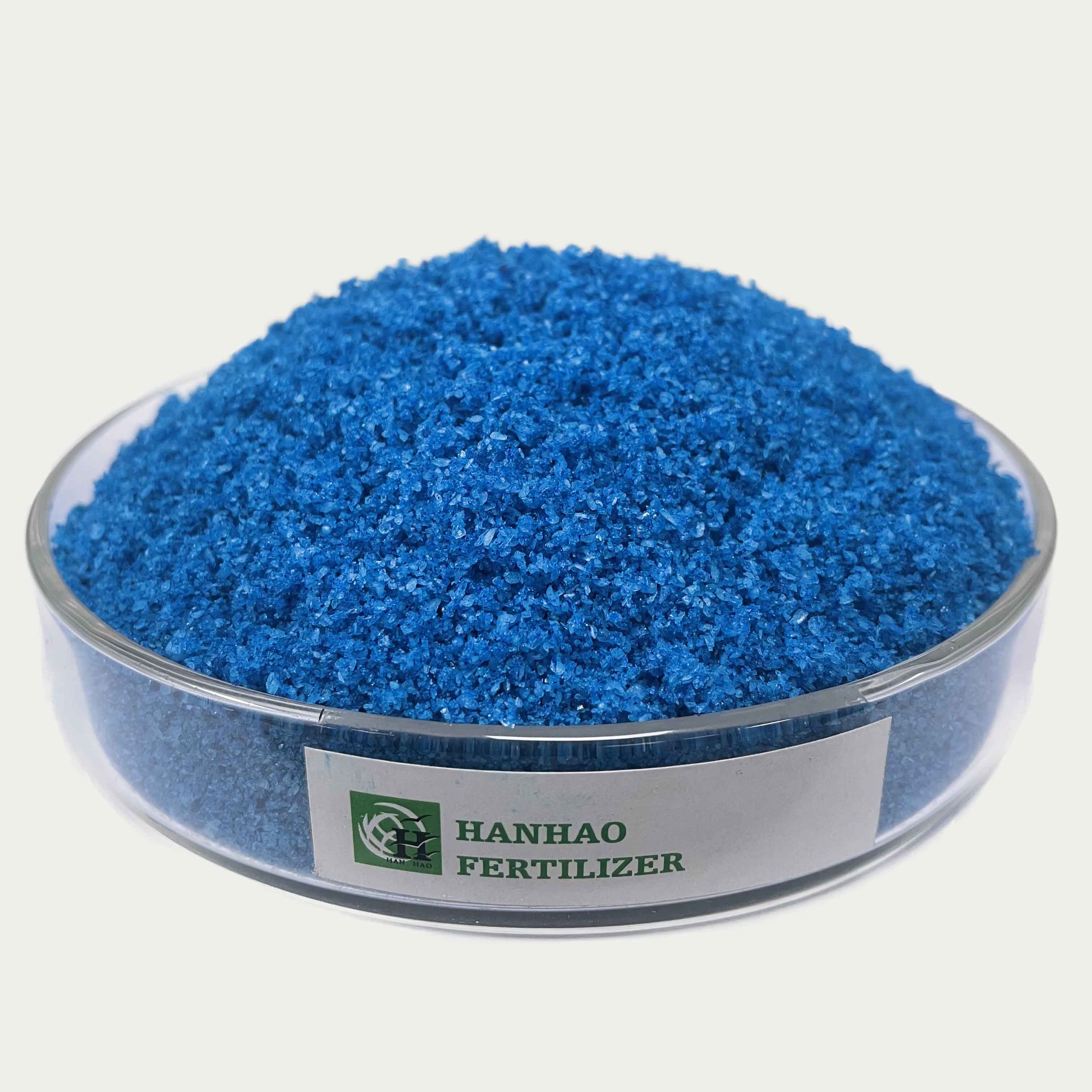
Dez . 12, 2024 06:42 Back to list
npk fertilizer purple granular factories
The Rise of NPK Fertilizer A Look into Purple Granular Production
NPK fertilizer, a crucial component in modern agriculture, has an essential role in enhancing crop yield and quality. Composed of three key nutrients—nitrogen (N), phosphorus (P), and potassium (K)—this fertilizer supports plant growth by providing the necessary nutrients in a balanced form. One of the trending forms of NPK fertilizer is the purple granular variety, which is gaining popularity among farmers and agricultural professionals alike.
What is NPK Fertilizer?
NPK fertilizers are categorized based on their nutrient content, with the percentages of nitrogen, phosphorus, and potassium indicated on the packaging. For example, a fertilizer labeled as 15-15-15 contains 15% of each of these essential nutrients. The balanced formulation allows farmers to use it across various crops, making it a versatile choice for both commercial and small-scale farming.
The formulation of NPK fertilizers varies depending on the specific needs of the crops and the soil conditions. They can be tailored to promote root development, flowering, or fruiting stages of plant growth, allowing farmers to optimize their yield efficiently. The introduction of purple granules into the NPK fertilizer market aims to differentiate products and attract a wider range of consumers.
The Advantages of Purple Granular NPK Fertilizer
The purple coloration of certain NPK fertilizers results from the inclusion of dyes and specific additives designed to enhance product appeal. However, it is essential to understand that the color has no impact on the nutrient content or effectiveness. Instead, it serves as a marketing tool to help consumers easily identify high-quality products.
One of the primary advantages of purple granular NPK fertilizers is their ease of application. The granules are typically uniform in size, which allows for a more precise and even distribution when spreading over fields or gardens. This leads to a more effective nutrient uptake by plants, reducing wastage and ensuring that farmers get maximum value from their investment.
Furthermore, the granules are often formulated to dissolve slowly, providing a steady release of nutrients over time. This slow-release mechanism helps avoid nutrient leaching—a common issue in traditional fertilizers—thereby improving soil health and sustainability. As a result, farmers can witness enhanced long-term growth potential in their crops, leading to better harvests and, ultimately, profitability.
npk fertilizer purple granular factories

The Manufacturing of Purple Granular NPK Fertilizer
The production of purple granular NPK fertilizer involves several processes raw material selection, mixing, granulation, drying, and packaging. Factories dedicated to manufacturing these fertilizers typically have strict quality control measures in place to ensure the final product meets industry standards.
The first step in the production process is selecting high-quality raw materials. These materials may include ammonium nitrate, ammonium sulfate, phosphate rock, and potassium chloride. Each material contributes specific nutrients critical for plant growth.
Once the materials are chosen, they are meticulously mixed in the appropriate ratios. This blending process is crucial to create a balanced NPK ratio that caters to a wide array of crops. After mixing, the formulation is passed through granulation equipment, which transforms the powdered mixture into uniform granules. The resulting granules are then dried to reduce moisture content, ensuring they remain effective during storage and application.
Once dried, these purple granules undergo rigorous testing to guarantee their nutrient concentration and granule integrity. Finally, they are packaged and labeled accordingly before being distributed to retailers and farmers.
Environmental Considerations
In recent years, there has been growing awareness regarding the environmental impact of fertilizers, prompting manufacturers to adopt more sustainable practices. Factories are increasingly utilizing eco-friendly methods and materials to produce NPK fertilizers, reducing their carbon footprint. Innovations in production processes, such as precision farming and controlled-release fertilizers, contribute to enhancing agricultural sustainability.
Conclusion
The popularity of purple granular NPK fertilizers reflects a broader trend in agriculture toward more specialized and visually appealing products. These fertilizers promise to deliver enhanced nutrient management capabilities for farmers, facilitating improved crop production and sustainability. As agriculture continues to evolve, the role of NPK fertilizers will undoubtedly remain pivotal in meeting the global demand for food, underscoring the importance of innovation and quality in their production. The future of agriculture is bright, and the purple granular NPK fertilizer is certainly a step in the right direction.
-
10 10 10 Fertilizer Organic—Balanced NPK for All Plants
NewsJul.30,2025
-
Premium 10 10 10 Fertilizer Organic for Balanced Plant Growth
NewsJul.29,2025
-
Premium 10 10 10 Fertilizer Organic for Balanced Plant Growth
NewsJul.29,2025
-
Premium 10 10 10 Fertilizer Organic for Balanced Plant Growth
NewsJul.29,2025
-
50 Pound Bags of 13-13-13 Fertilizer for All Plants – Bulk & Organic Options
NewsJul.28,2025
-
High-Efficiency 15-30-15 Granular Fertilizer for Healthy Crops
NewsJul.28,2025
